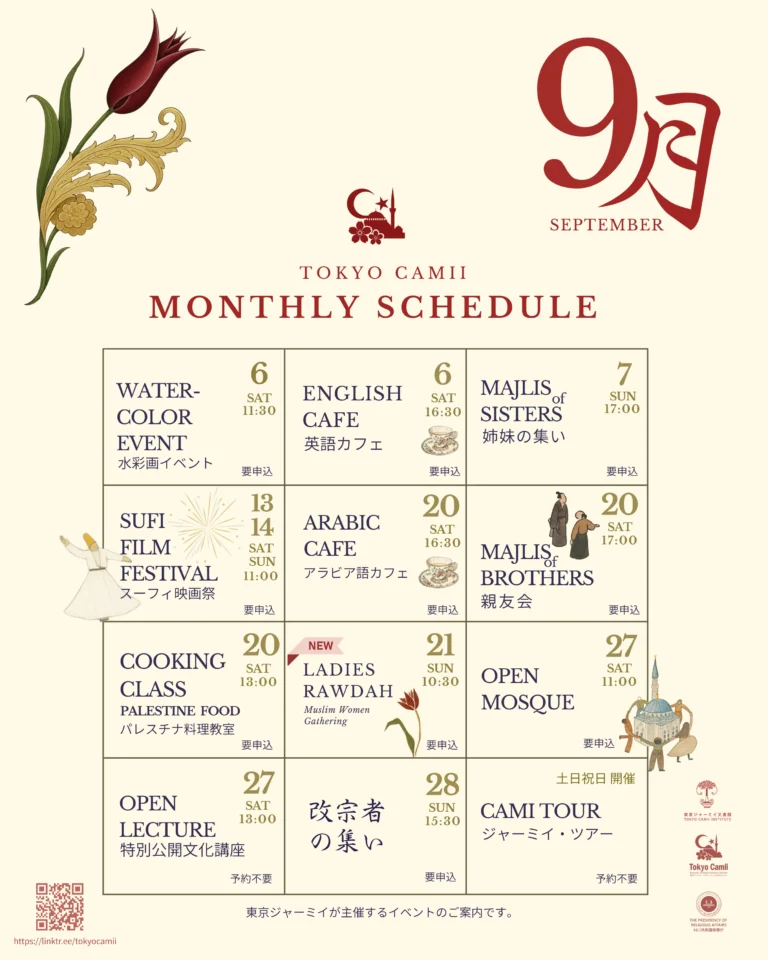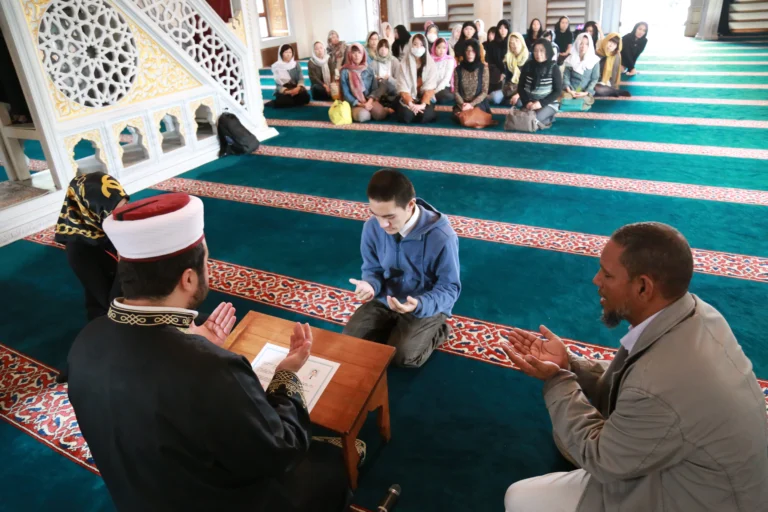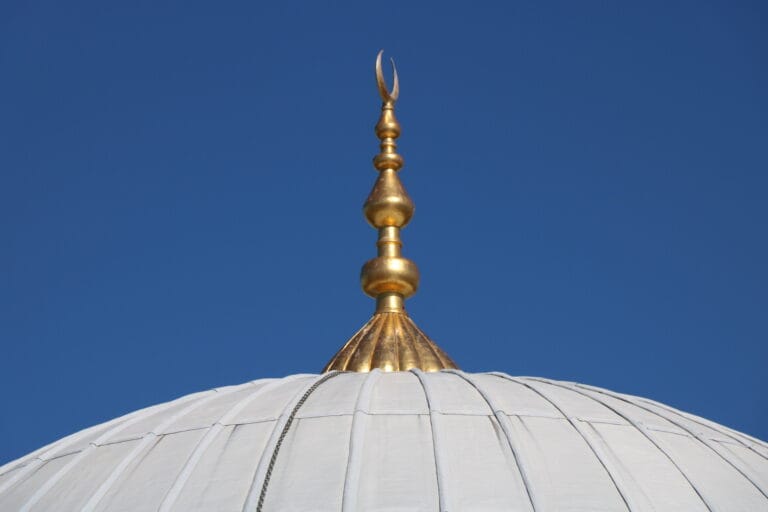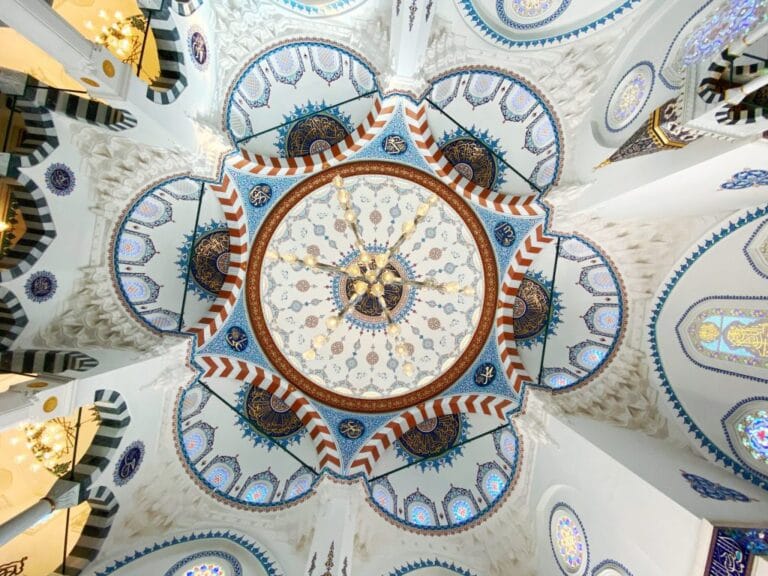Friday Khutba of Tokyo Camii “Every Soul is Inviolable”
Dear Muslims!
In the tenth year of the Hijrah, the Messenger of Allah (saw) and his Companions gathered at Arafat to perform the worship of hajj. On this day, the Prophet (saw) proclaimed Allah’s (swt) commandments and prohibitions, delivering the universal messages of Islam along with the principles of human rights and freedoms. One of the profound messages from this address, which later became known as the “Farewell Khutbah”, is the sanctity of life. In this regard, the Messenger of Allah (saw) addressed all humanity in his Farewell Khutbah with these words: “O people! Verily your blood, your property, and your honor are as sacred and inviolable as the sacredness of this day of yours, of this Dhu al-Hijjah month of yours, and of this Makkah city of yours.”1
Dear Believers!
According to our sublime religion, Islam, human is regarded as the most superior and most precious of all created beings. They deserve every respect and honor. Regardless of religion, language, or skin color, the life of every human being—whether male or female—is inviolable, and each person’s life is sacred. Therefore, except in cases of medical necessity and religious legitimacy, the life of the fetus in the womb cannot be terminated through abortion. No one has the right to end their life by suicide. One cannot justify honor killings by invoking customs and traditions. No one has the right to take a life in the name of honor. One cannot assume the role of the state and administer punishment to the guilty. In summary, no one has the right to endanger another person’s life, harm their body, or insult their honor and dignity.
Dear Believers!
We are believers who have wholeheartedly placed our faith in our Lord (swt), the Most Merciful of the merciful. We are the ummah of the Prophet of Mercy, Muhammad Mustafa (saw), who says,
اَلْمُسْلِمُ مَنْ سَلِمَ النَّاسُ مِنْ لِسَانِهِ وَيَدِهِ “The Muslim is the one from whose tongue and hand the people are safe.”2 What is required of us is to be compassionate and to refrain from harming anyone with our hands or tongues. It is to never resort to violence, avoid breaking a person’s heart, and refrain from causing any harm, let alone taking a life. It is to educate our children and young people to be faithful to their religion and to contribute positively to their nation and humanity. It is to be a source of life through donation of our blood and organs for those who are struggling to regain their health and holding on to life in hospital corners. Let us remember that if we value the lives of all people as much as we value our own, and if we desire for others the same good things we seek for ourselves, then we will truly be perfect believers, exemplary Muslims, and good human beings.
[1] Bukhari, ‘Ilm, 9.
[2] Ibn Hanbal, VI, 22.
| Prayer | Time |
|---|---|
| Fajr | 03:43 |
| Sunrise | 05:12 |
| Dhuhr | 11:41 |
| Asr | 16:19 |
| Maghrib | 18:10 |
| Isha | 19:34 |






